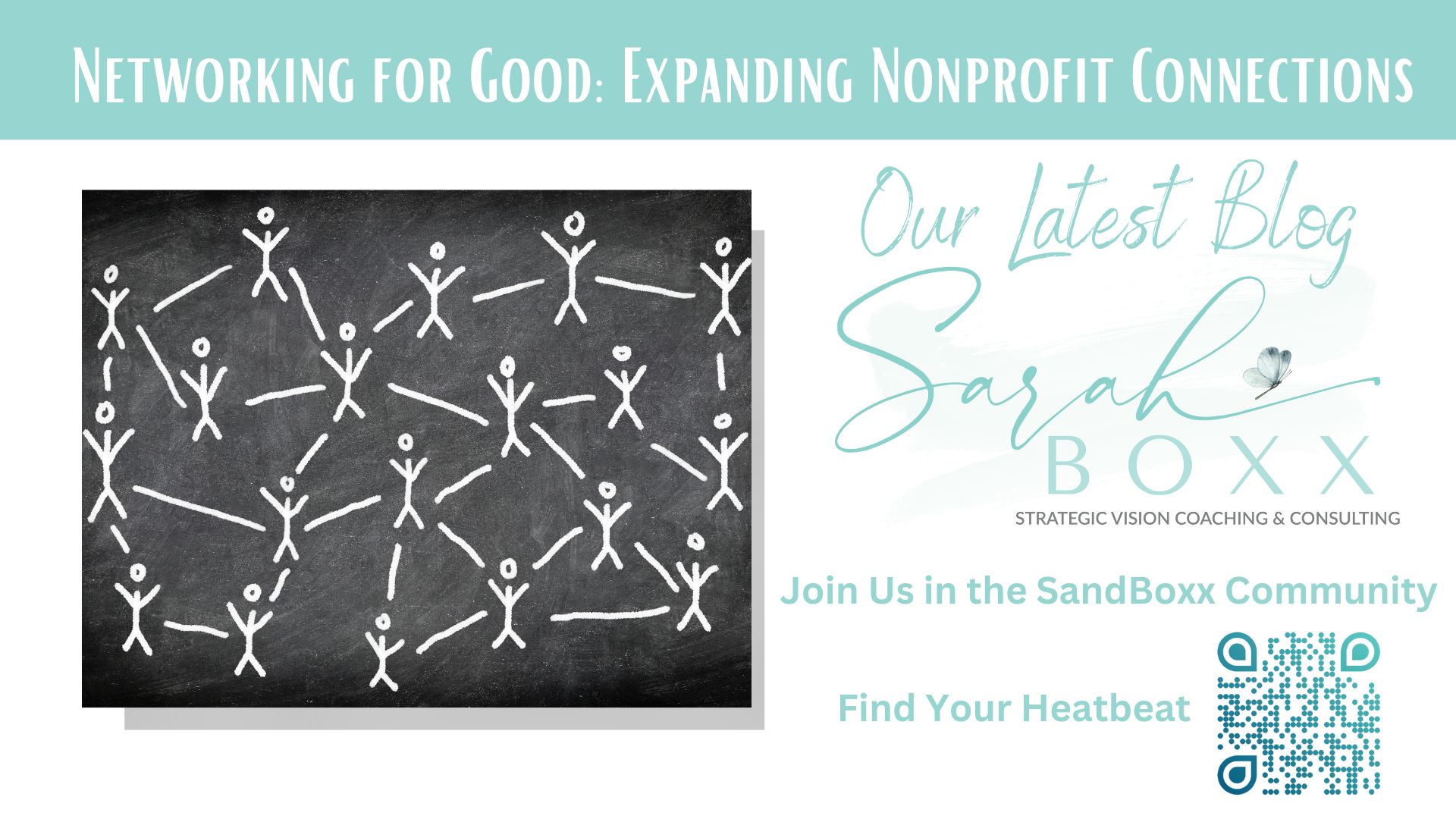We all want to be in control of our own lives. It is completely normal to desire, to some extent, certainty.
I don’t know about you, but I definitely enjoy knowing that my actions and decisions truly DO make an impact on the direction and trajectory of my life. Because I understand and have control over my own actions and effort, I am able to make predictions about outcomes.
This desire for control is universal and shared, to some degree or another, by all people.
Studies have shown that individuals who feel a greater sense of control over their own lives tend to be more successful in achieving goals and dreams than those who believe that outcomes are largely outside of their control.
Sounds good, right?
Well, it depends. While seeking control can be helpful in some situations, (ex. taking ownership over your own actions), an obsessive NEED for control can actually cause more harm than good.
An excessive desire for total control can cause:
- Conflict in relationships
This often occurs when one person seeks to control the actions or decisions of another
(ex. Controlling your spouse’s schedule by making appointments for him/her or leaving “to-do” lists that fill all available free time)
- Impaired decision making
Trying to control the outcome of a situation may cause you to overlook or neglect other important factors that may influence your decision-making.
(ex. Buying a new home without considering future market predictions or your long term goals)
- Overwhelm and burnout
Burnout is the inevitable consequence of needing to be in control of every project at home or work. You will quickly find yourself with WAY too much on your plate.
- Anxiety
For a person who needs to be in control, feeling “out of control” can be stressful and potentially even anxiety-inducing.
Like it or not, there will ALWAYS be things that are outside of your control. You cannot control the outcome of every situation or the actions of other people. Getting comfortable with this reality is essential for a healthy life.
So, what can you do?
- Get comfortable with uncertainty. Work to adjust your mindset to view uncertainty as an opportunity, rather than a problem.
- Focus on actions rather than outcomes.
You can’t control the outcomes of every situation, but you CAN control your own actions. Your time and energy is best spent on directing your own behavior, not worrying about factors and individuals outside of your control.
- Identify priority items.
You simply cannot do everything. You don’t have the bandwidth. Instead of trying to be the “point person” for all tasks and projects in your life, Identify items that truly do require your personal focus and control, and eliminate or outsource things that don’t.
Learning to let go of the desire for control can be truly liberating and lead to a more fulfilled life.
Remember, this work isn’t going to happen overnight. It isn’t easy to overcome these desires, especially when they’ve been part of your psychology for a long time.
HOWEVER, it’s worth the effort.
If you’re interested in joining a community of women doing the work right alongside you, I invite you to join the waitlist for my Brilliant Leaders membership group. Together we will reach for bigger goals and healthier versions of ourselves.
RESOURCES:
Article was contributed by: Maria Lees, Team Writer with Sarah Boxx


